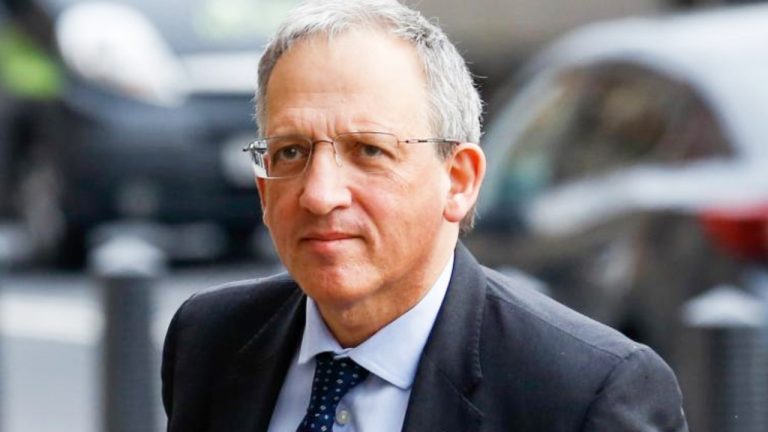Bank of England’s Deputy Governor: Cryptocurrencies Aren’t Big Enough to Pose Financial Stability Risk

Bank of England Deputy Governor Jon Cunliffe believes that cryptocurrencies are not big enough to pose financial stability risk. “They’re not of the size that they would cause financial stability risk, and they’re not connected deeply into the standing financial system,” said the deputy governor.
Crypto Poses No Financial Stability Risk, Says Deputy Governor of Bank of England
Jon Cunliffe, the deputy governor of the Bank of England, talked about cryptocurrency and whether it poses financial stability risk in an interview with CNBC Wednesday. He said:
The speculative boom in crypto is very noticeable but I don’t think it’s crossed the boundary into financial stability risk.
The Bank of England’s deputy governor explained that crypto speculation was mainly limited to retail investors currently. He reiterated the British central bank’s position that people investing in cryptocurrency should be prepared to lose all their money, the viewpoint expressed on several occasions by Andrew Bailey, the governor of the Bank of England.
Cunliffe described:
There are issues of investor protection here. These are highly speculative assets. But they’re not of the size that they would cause financial stability risk, and they’re not connected deeply into the standing financial system.
He noted: “Were we to start to see those links develop, were we to start to see it move out of retail more into wholesale and see the financial sector more exposed, then I think you might start to think about risk in that sense.”
Cunliffe noted that speculative crypto assets, like bitcoin, should be distinguished from stablecoins, emphasizing that stablecoins should be regulated. The deputy governor opined: “I think the international community needs to at least be developing standards to actually be able to distinguish but also to have regulatory standards for that sort of product.”
The governor of the Bank of England previously called cryptocurrencies dangerous, predicting that they won’t last. He said in June, “There will inevitably be elements of tough love” in crypto regulation.
In May, Bailey said cryptocurrencies “have no intrinsic value,” but noted that it “doesn’t mean to say people don’t put value on them, because they can have extrinsic value.” The president of the European Central Bank (ECB), Christine Lagarde, agreed with him.
What do you think about the comments by the deputy governor of the Bank of England? Let us know in the comments section below.
Comments
Post a Comment